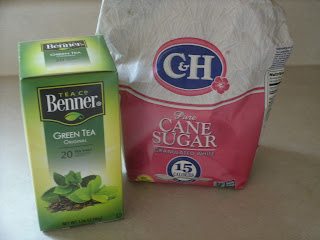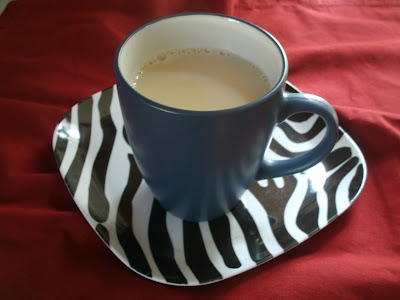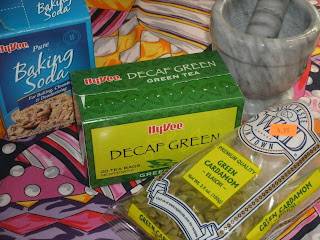Suriname
Today we travel to the only country in South America that was a colony of the Netherlands. Suriname is nestled between Guyana and French Guiana with a short coast on the Atlantic ocean. The landscape varies from flat, swampy land at the coast to inland forests and mountain ranges. Suriname is just north of the equator, and has a humid, tropical climate. Most of the country is covered by rainforest, and almost 4 million acres of forest are protected. The majority of the population lives along the coast, and people are descended from India, Africa, Indonesia, American Indians, Chinese and whites. Dutch is the official language but Sranan and Hindustani are the main languages spoken. Tourism, financial services, and mining are the main industries. Little farming is possible in this land.
The Surinen Indians were the first inhabitants of this region, and the country is named for them now. In 1593 the region was claimed by Spain, but the Dutch began to settle there in the early 1600s. In 1667 the Dutch gave up the settlement of New Amsterdam (New York City) in return for Suriname. The Dutch developed coffee and sugar cane plantations using forced labor from Africa. In 1863 the Dutch abolished slavery. In 1954 the Dutch government finally granted the colony self governance, and they were fully independent in 1975. While they have had some issues with military rule, the country is moving forward with an increasing minimum wage and universal health insurance.
I found reference to herbal teas in Suriname. I don't know that the herbs used for teas there, are available here, so I decided to have some tulsi (holy basil) in their honor. Tulsi is an earthy, plant flavored tea. It has a slightly cinnamon finish. It can be brewed multiple times, but the tea I have is a very fine cut, so it is messy to brew over and over again.
Look at how fine those leaves are cut! Here it is brewed.
I just did a single, longer brew with a little less tea than the instructions said. It's a nice change of pace from the largely rooibos teas that I have for most of my herbals.





The chicken matches the tea!
ReplyDeleteYes it does, now that you mention it.
Delete